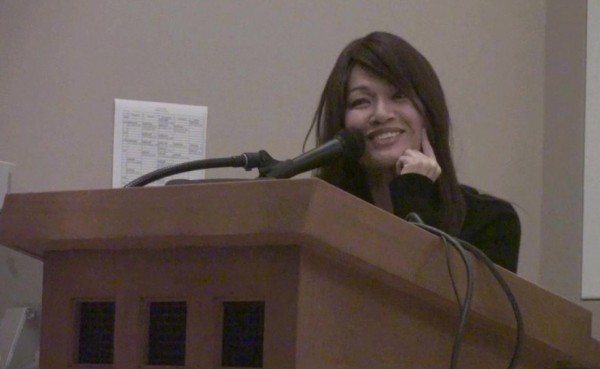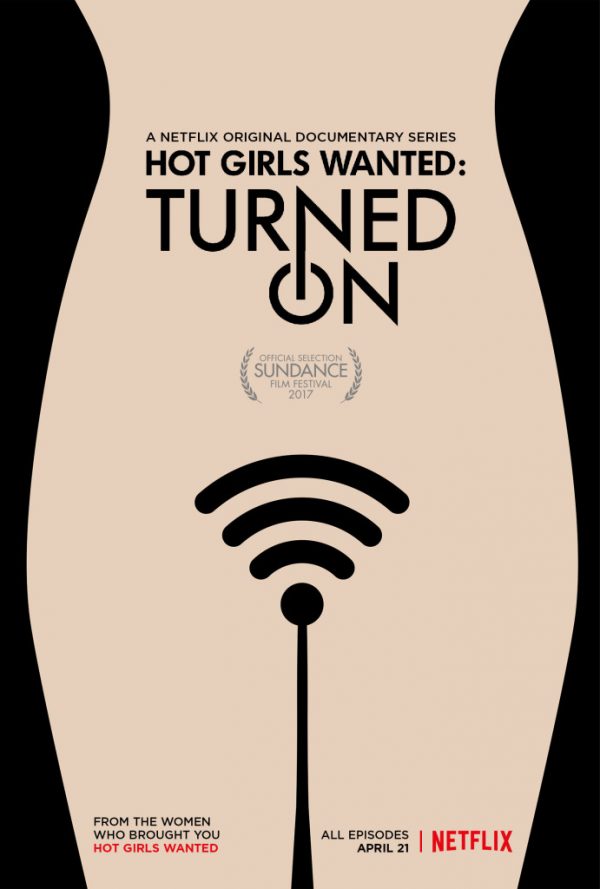Activist Spotlight: Bonnie On Violence And Endurance

Content warning: This interview contains graphic descriptions of police violence and rape, imprisonment, and domestic abuse.
Bonnie is a veteran sex workers’ rights activist who has done outreach work in the D.C. area since 2001. She was a HIPS (Helping Individual Prostitutes Survive) client who lived on the streets in Maryland. Later, she was inspired by the work of Robyn Few and others to participate in activism and community organizing through SWOP-Maryland. Last year, she recorded sound for No Humans Involved, a documentary film produced by PJ Starr about Marcia Powell, the street sex worker killed by the negligence and cruelty of the Arizona prison system in 2009. Currently, she’s on a community advisory board with John Hopkins researchers for the SAPPHIRE (Sex Workers And Police Promoting Health In Risky Environments) study, which examines the role of police in HIV risks faced by Baltimore cis and trans sex working women.
You’ve been doing outreach since 2001, originally to D.C. and Prince George’s County Maryland, and later to Northern Virginia and Baltimore as well, using HIPS supplies and sometimes your own money. Where does your dedication come from?
I enjoy it and have to do it and will never stop doing it. That’s because I have memories where the ends of bread, dry socks, housing, a place to get high [where they would] not send me to jail, or a place to avoid drugs (depending on my mood), were my biggest dreams.
I have 8 years where I can proudly say the drug I am allergic to has no power over me.
Up until very recently I provided housing. I had to stop, and now I provide referrals and transportation to shelters or transitional living or an affordable place to live, whatever is asked of me. My current venues are methadone clinics, BDSM clubs, immigrant sex work apartments, drug testing clinics, and sex or BDSM party houses. I never leave someone who wants to be inside outside. What if it was the last time I saw that person? What if they were arrested for being homeless i.e. trespassing or loitering; really any charge. A Prince George’s County cop told me and I will never forget: it does not matter what I/we do, it only matters what he/they write on their papers.
Privileged, housed people may not understand that, and it is something I cannot explain. There are two separate worlds, where the language barrier is experience.


